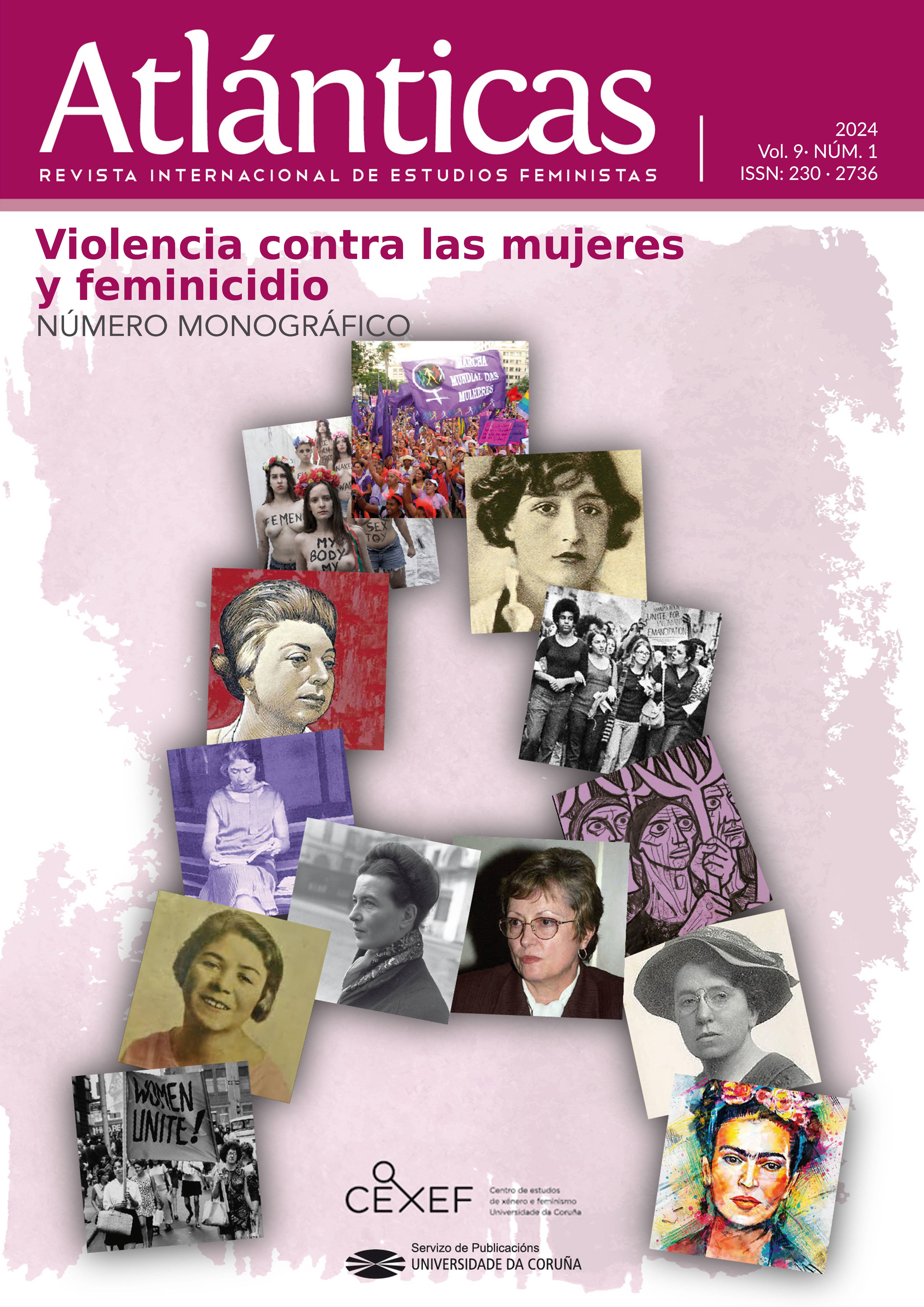Access to information as a women's right to a life free of violence
Main Article Content
Abstract
The generation of information about serious human rights violations committed in times of peace and armed conflict has been a crucial element in the processes of democratic reestablishment. Information allows for the discovery of truth, the identification of paths towards prevention, and the establishment of mechanisms for reparation for victims and their families. This experience, which was built under the umbrella of international human rights law, still lacks an equivalent for the lives of women. The persistence of violence against women and girls, along with the presence of gender stereotypes in the production of information and narratives, places the responsibilities that states should fulfill in terms of truth, justice, reparation, and guarantees of non-recurrence on feminist organizations and the families of femicide victims.
Keywords:
Downloads
Article Details
References
Abramovich, V. Courtis, Ch. (2000). El Acceso a la Información como Derecho. Igualdad, Libertad de Expresión e Interés Público, Cuadernos de Análisis Jurídico, Escuela de Derecho Universidad Diego Portales.
Berganza, M. (2003). La construcción mediática de la violencia contra las mujeres desde la Teoría del Enfoque. Comunicación y sociedad. Vol. XVI, núm. 2, p. 9-32. Disponible en: https://dadun.unav.edu/bitstream/10171/8046/1/20091008132641.pdf
Du Toit, A. (s/n) Los Fundamentos Morales de las Comisiones de Verdad. La Verdad como Reconocimiento y la Justicia como Recognition. Principios de la Justicia Transicional en la Práctica de la Comisión de Verdad y Reconciliación (CVR) Sudafricana Disponible en: http://www.dhnet.org.br/verdade/mundo/textos/du_toit_africa_do_sul_los_fundamentos_morales.pdf
Mecanismo de Seguimiento de la Convención Belém do Pará, MESECVI (2017). Tercer Informe Hemisférico sobre la Implementación de la Convención Belém do Pará. Disponible en: https://belemdopara.org/wp-content/uploads/2021/12/TercerInformeHemisferico-ES.pdf
Mecanismo de Seguimiento de la Convención Belém do Pará, MESECVI (2018). Recomendación General Mujeres y Niñas Desaparecidas en el Hemisferio. Disponible en: https://belemdopara.org/wp-content/uploads/2021/12/RecomendacionMujeresDesaparecidas-ES.pdf
Mecanismo de Seguimiento de la Convención Belém do Pará, MESECVI (2019). Comité de Expertas expresa preocupación por el tratamiento periodístico en casos de violencia contra las mujeres en Chile. Disponible en: https://belemdopara.org/wp-content/uploads/2021/12/CEVI-ComunicadChile1-2019-ES.pdf
Méndez, J. Derecho a la verdad frente a las graves violaciones a los derechos humanos, (s/f) Disponible en: https://biblioteca.iidh-jurisprudencia.ac.cr/index.php/documentos-en-espanol/verdad-justicia-y-reparacion/1268-derecho-a-la-verdad-frente-a-las-graves-violaciones-a-los-derechos-humanos/file

